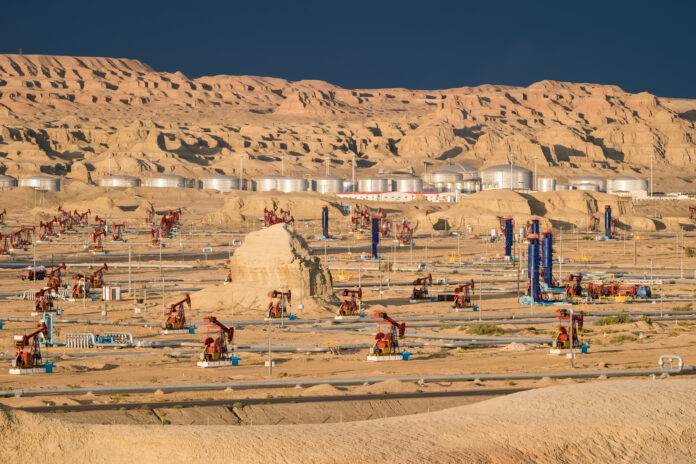How the Israel–Iran Conflict Threatens Oil and Gas Supply Chains
The escalating conflict between Israel and Iran has sent shockwaves through global energy markets, raising concerns over the stability of oil and gas supply chains that underpin the world economy. The Middle East accounts for a significant portion of global hydrocarbon production and exports, making any disruption in the region a critical risk to energy security and economic stability worldwide.
The Strait of Hormuz, a narrow maritime chokepoint connecting the Persian Gulf to the Arabian Sea, is especially vulnerable. Nearly twenty percent of the world’s oil passes through this strategic corridor. Increased military activity or blockades in this area could restrict the flow of crude oil and liquefied natural gas, leading to supply shortages and sharp price increases. Energy-dependent countries would face rising costs that could further stoke inflation and slow economic growth.
Beyond the immediate supply concerns, the conflict could unsettle long-term investment decisions within the energy sector. Uncertainty over the region’s stability may deter oil companies and investors from committing to new exploration and infrastructure projects.
This hesitation could delay efforts to expand capacity and transition to cleaner energy sources, complicating global efforts to meet climate targets.
The volatility in energy markets also has implications for countries attempting to diversify their energy mix. Nations heavily reliant on imports may struggle to secure stable supplies at reasonable prices. This challenge highlights the importance of accelerating the adoption of renewable energy technologies and improving energy efficiency to reduce exposure to geopolitical risks.
Furthermore, disruptions to the oil and gas supply chain can impact industries far beyond energy. Manufacturing, transportation, and agriculture all depend on stable and affordable energy inputs. Any significant increase in prices or supply interruptions would have a cascading effect, potentially leading to higher costs for goods and services globally.
In response to these risks, governments and corporations must prioritize supply chain resilience and energy diversification. Strategic petroleum reserves, investment in alternative energy infrastructure, and diplomatic efforts to reduce regional tensions are essential components of a comprehensive risk management strategy.
The Israel–Iran conflict serves as a stark reminder of the fragility of global energy systems
and the interconnected nature of modern economies. Addressing these challenges requires
coordinated action to ensure energy security while advancing sustainable development goals.




